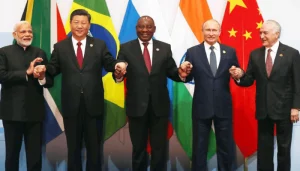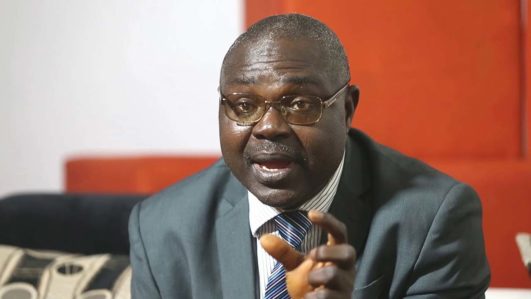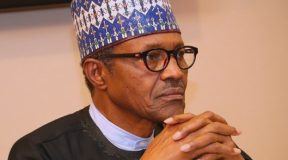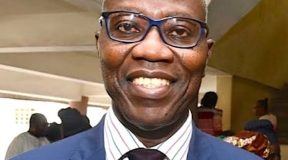Guber Aspirant
OpenLife Nigeria reports that a governorship aspirant in the Edo 2024 contest and Professor of Political Science, Lagos State University, LASU, Sylvester Odion Akhaine, has offered his perspective on Nigeria’s non membership in BRICS Bloc.
BRICS is a grouping of world economies in bloc.
The Bloc, comprising Brazil, Russia, India, China and South Africa, has since its formation as BRIC in 2009 and later BRICS in 2010. With the addition of South Africa, the Bloc has proven itself as formidable force against the overbearing and manipulative influence of the West.
Only recently, BRICS leaders met in South Africa and discussed how to turn a loose club of nations accounting for a quarter of the global economy into a geopolitical force that can challenge the West’s dominance in world affairs.
The August 22 to 24 gathering was hosted by President Cyril Ramaphosa of South Africa and had in attendance Chinese President Xi Jinping, Brazil’s Luiz Inacio Lula da Silva and Indian Prime Minister Narendra Modi as well as Nigeria’s representative, Vice President Kashim Shettima.
Russian President Vladimir Putin, a notable figure in the Bloc, was unavoidably absent but addressed the group through a prerecorded video message .
At the August meeting, Argentina, Egypt, Ethiopia, Iran, Saudi Arabia and the United Arab Emirates were officially pronounced as members to join as full members from January 1, 2024.
The membership expansion was described as historic by Chinese President, Xi Jinping.
However, the development generated lots of concerns in Nigeria with many querying the rationale behind Nigeria’s exclusion.
In the public space, it is observed that Egypt, a leading economy and Ethiopia, an emerging economy and second most populous African country, will be joining South Africa, another continent’s economic giant, in the bloc.
According to information, South Africa has reaped from the bloc and has given other African countries reasons to rethink their relationship with the West.
With her membership, South Africa’s overall trade with its BRICS partners increased by an average growth of 10 percent over the period 2017-2021, total trade with BRICS reached R830 billion in 2022 from R487 billion in 2017, with BRICS now accounting for 21 percent of South Africa’s global trade in 2022.
As well, over 14 percent of South Africa’s exports are to BRICS countries, with around 30 percent of imports coming from BRICS countries in 2022.
In the estimation of analysts, being a member of the bloc, a country enjoys lots of benefits as currently the case of South Africa.
The request therefore has been that Nigeria, which despite its alignment to the West, has been under huge economic burden, infrastructure deficit and security challenges, should consider membership of the BRICS bloc.
But Professor Odion Akhaine, one of the frontline leaders of the prodemocracy movement in Nigeria and an aspirant in the Edo 2024 governorship contest on the All Progressives Congress , APC, platform, sees those opinions differently.
Speaking with OpenLife, the London Royal Holloway University graduate and chairman, Board of Trustees, Centre for Constitutionalism and Demilitarization, explained that Nigeria went to the BRICS meeting as an observer and not necessary to pursue membership.
He pointed out, like many other analysts, that “BRICS is a group of countries who came together with the aim of deconstructing America’s hegemony.”
Professor Akhaine maintained that joining BRICS should not be Nigeria’s priority at the moment. He advised that to be relevant in BRICS and indeed, any other global group, “ Nigeria should first of all put its house in order. Nigeria should address its basic production issues. A situation where the country produces crude oil but imports refined petroleum products is not a good credential to play well at the international scene,” Akhaine admonished.
He however stated that he believes in Tinubu’s capacity to get basic issues at the local and international levels resolved. He therefore called on Nigerians to co operate with the Bola Ahmed Tinubu’s government for speedy developments.








